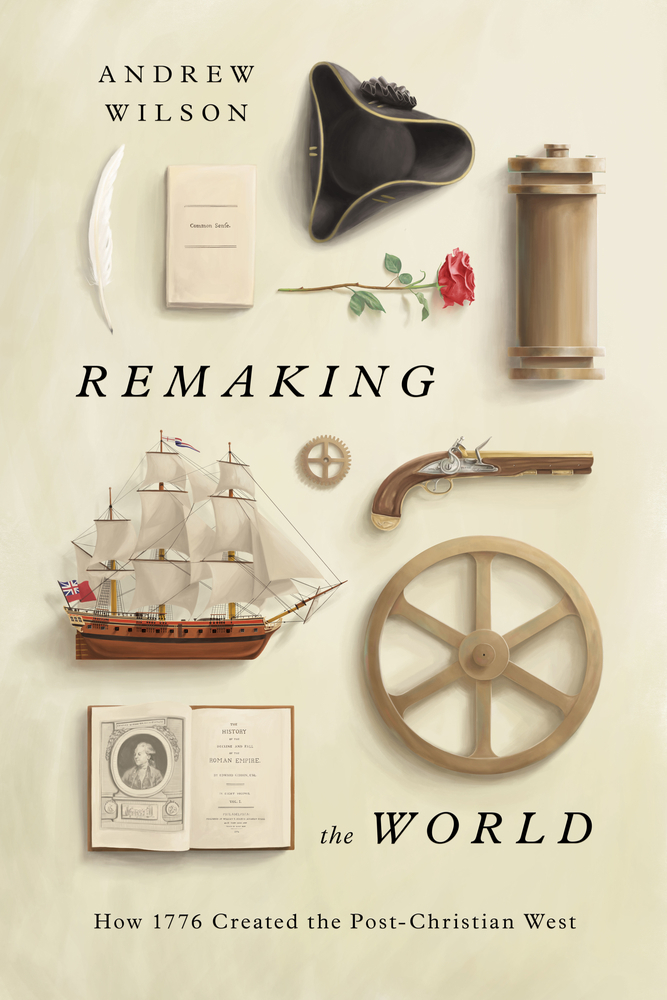
Remaking the World by Andrew Wilson argues that 1776 was a pivotal year, witnessing several transformations that have profoundly influenced our society, making it WEIRDER: Western, Educated, Industrialized, Rich, Democratic, Ex-Christian, and Romantic. These transformations have remade the world and significantly influenced our views on various aspects of life. The book emphasizes that institutions are the products of long-term social, cultural, theological, legal, and economic developments. Culture, difficult to define, is seen as a commitment to novelty, curiosity, possibility, and discovery, fostered by Christianity, the discovery of ignorance, and the rise of literacy, accounting for the great enrichment. The purpose of the book is to remind us that Christ is always better.
I highlighted several things while reading and have posted those notes below…
- In an era of instant news, amnesia is baked in. And amnesia has consequences. Location 190
- The big idea of this book is that 1776, more than any other year in the last millennium, is the year that made us who we are.6 We cannot understand ourselves without it. It was a year that witnessed seven transformations taking place—globalization, the Enlightenment, the Industrial Revolution, the Great Enrichment, the American Revolution, the rise of post-Christianity, and the dawn of Romanticism—which have remade the world and profoundly influenced the way we think about God, life, the universe, and everything.2 Loc 218 | Highlight The first claim, which will be the focus of chapter 2, is that the most helpful way of identifying what is distinctive about our society, relative to others past and present, is that it is WEIRDER: Western, Educated, Industrialized, Rich, Democratic, Ex-Christian, and Romantic.7 Those seven features make us outliers. The vast majority of people in human history have not shared our views of work, family, government, religion, sex, identity, or morality, no matter how universal or selfevident we may think they are. We are the WEIRDER ones. Location 207
- Highlight Institutions do not spring up out of nowhere; they are the products of long-term social, cultural, theological, legal, and economic developments. Location 4550
- Culture is very difficult to define. It runs the risk of being a bit of a blunderbuss: by explaining everything, it explains nothing. Yet when we specify what we mean—a commitment to novelty, curiosity, possibility, and discovery, fostered by the combination of Christianity, the discovery of ignorance, and the rise of literacy—it has significant explanatory power in accounting for the great enrichment. Location 4769
- “My memory is nearly gone, but I remember two things: that I am a great sinner and that Christ is a great Saviour.” John Newton Location 4934
